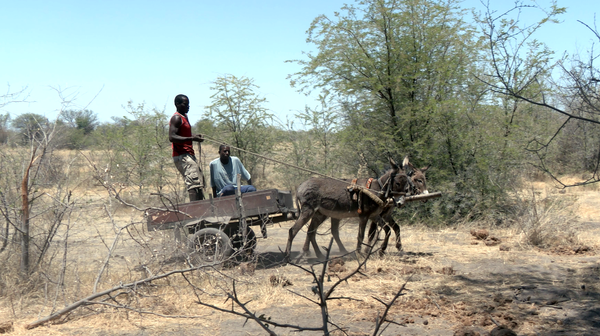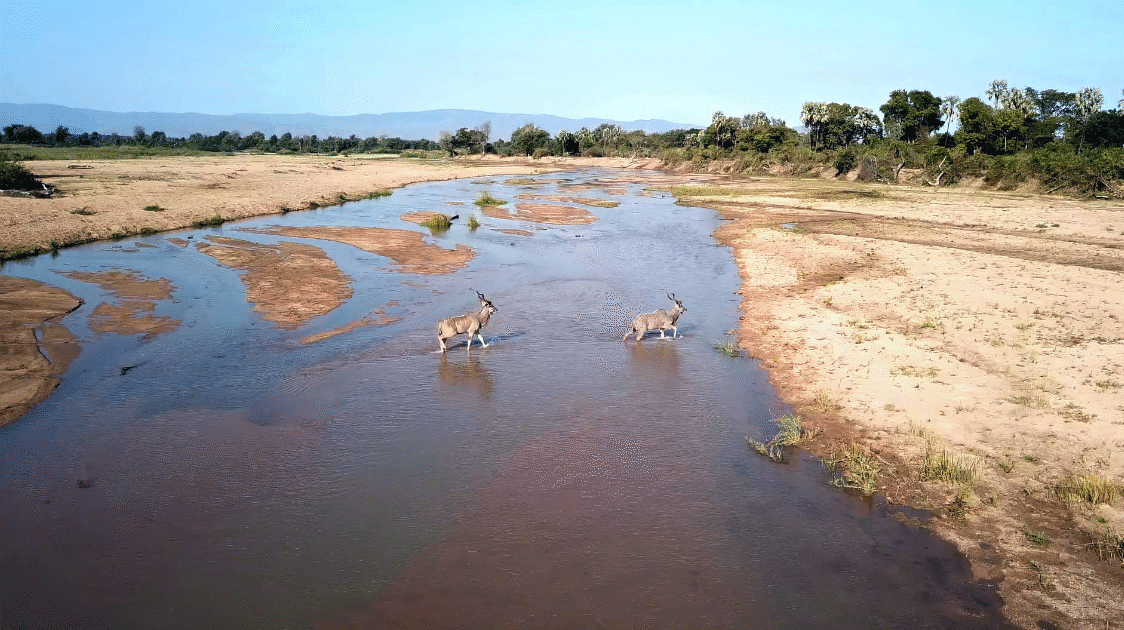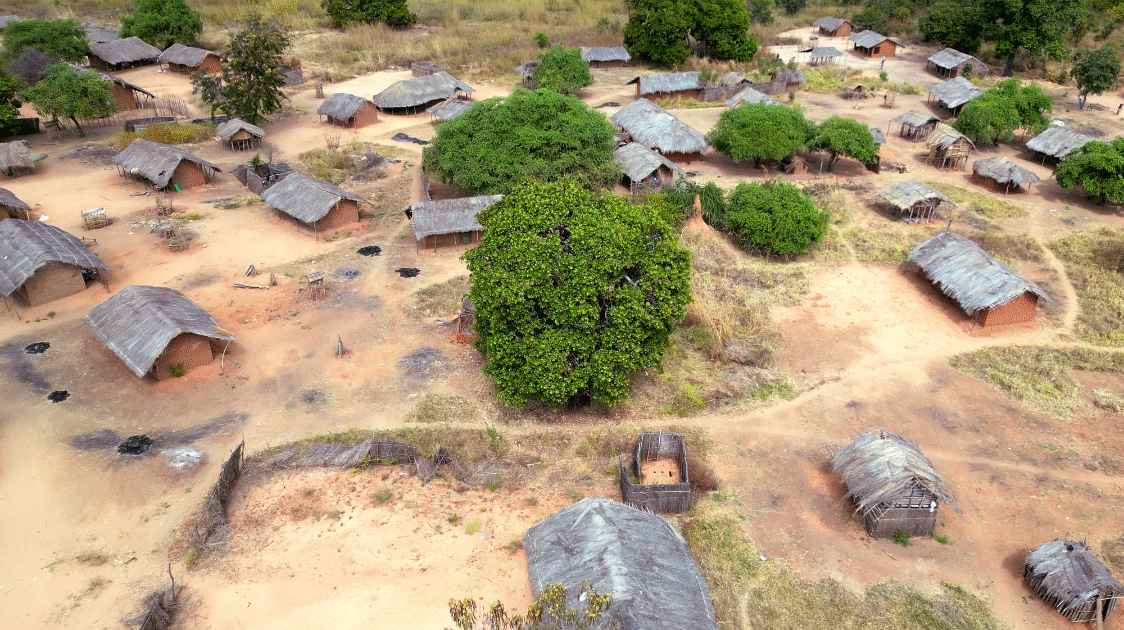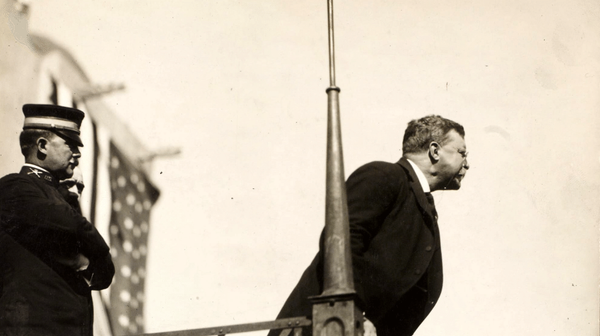A University of Oxford Study Examines the Private Sector’s Role in Anti-Poaching
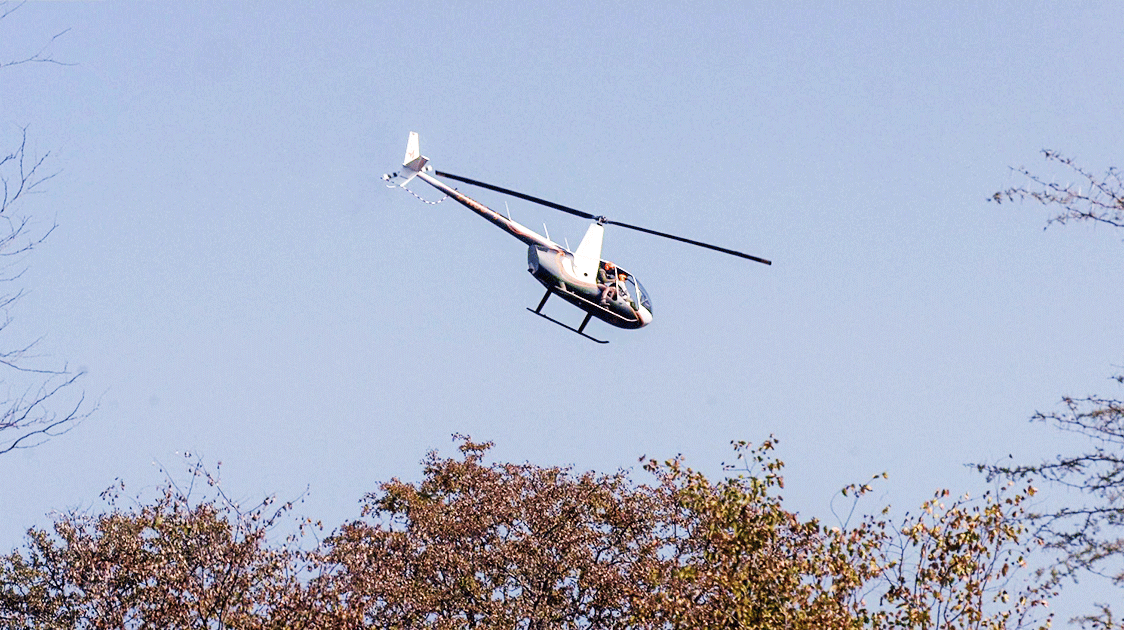
By Catherine E. Semcer
From South Africa’s private wildlife conservancies to Tanzania’s hunting blocs, the private sector plays a crucial role in protecting Africa’s wildlife. This commitment includes not only conservation management but also significant investments in anti-poaching operations, as highlighted in many stories shared here on Patrol.
Putting hard numbers behind the stories is critical to illustrating the importance of hunting operators, landowners, NGOs, and other private sector leaders in stopping poaching. Putting hard numbers behind the stories is what I seek to do as part of my doctoral research at the University of Oxford.
The Survey: Quantifying Anti-Poaching Investments
Working under the supervision of Dr Amy Dickman at the University’s Wildlife Conservation Research Unit (WildCRU), I am conducting a broad survey of:
- Hunting operators
- Landowners
- Photo-tourism operators
- Non-governmental organizations (NGOs)
- Other private stakeholders
The survey’s goal is to quantify their investments in anti-poaching, including:
- Money: direct financial contributions
- Manpower: staff and rangers dedicated to patrols
- Equipment: vehicles, aerial support, and technology
- Other resources: logistics, training, and informant networks
By applying geospatial analysis to these data points, I aim to map how critical the private sector’s role is across Africa.
Why This Research is Important
This study will provide:
- Policymakers with clearer insights into the real outcomes of their decisions.
- Donors with better information on where their funding can deliver the most impact.
- Conservationists with a stronger case for sustaining partnerships with private landowners, hunting operators, and wildlife tourism operators.
The findings will help demonstrate that anti-poaching success is not only driven by government initiatives but also heavily by private sector conservation investments.
Get Involved
If you would like to learn more about this research or participate in the survey, please contact me at: catherine.semcer@merton.ox.ac.uk.
About the Author
Catherine Semcer is a DPhil student in biology at the University of Oxford. She is also a research fellow with the African Wildlife Economy Institute at Stellenbosch University and an expert with the Sustainable Use and Livelihoods Working Group of the International Union for Conservation of Nature. (IUCN).

